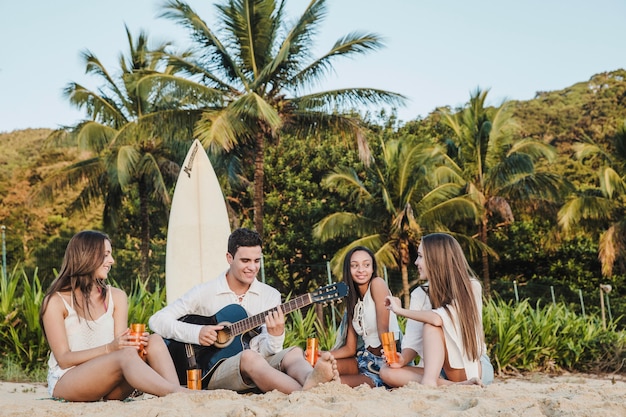
For over a decade, I’ve called the Sunshine State home. During that time, I’ve picked up some tips that will be useful whether you’re relocating to Florida or just planning a vacation. In this brief article, I’ll share the best travel tips for Florida.
Florida is incredibly diverse, with countless places to visit and things to do beyond just theme parks, beaches, and gators. The first thing you should know is that each town and region can be quite different, so planning based on where you’ll be visiting is essential.
In 2026, around 137.6 million people visited Florida, predominantly during the peak period from mid-December to mid-April. The most affordable time to visit is during the off-peak seasons when prices are lower. For first-time visitors, October or February are the best months to avoid crowds and save money.
Florida has 137 state parks, so don’t just stick to theme parks and beaches. Explore places like Wekiwa Springs, Hillsborough River, and Little Manatee River State Park. These parks offer natural beauty, hiking trails, and wildlife-watching opportunities, especially in the Everglades or the Florida Caverns State Park.
The state is called the “Sunshine State” for a reason—it’s sunny almost year-round. To avoid sunburns, pack sunscreen, hats, and sunglasses, especially if you plan to spend a lot of time outdoors.
Florida is known for its seafood, so don’t miss out on dishes like Key Lime Pie, Cuban sandwiches, and fresh grouper. Trying different foods is part of the fun of visiting.
For Disney and other theme parks, book tickets in advance to save time and money. Arrive early to make the most of your day and avoid long lines.
Florida often experiences sudden rain showers, particularly in the summer. Bring a lightweight, portable rain poncho and use waterproof bags for your belongings. Dressing in layers is advisable due to the variable weather.
The weather can be hot and humid, so carry a reusable water bottle to stay hydrated, especially if you’re spending time outdoors or have young children with you.
Florida is home to stunning natural springs like Ichetucknee Springs and Wakulla Springs, which offer activities such as swimming, kayaking, and wildlife watching. These spots are perfect for outdoor enthusiasts and are often free to visit.
The state is rich in wildlife, including alligators and manatees. Observe them from a safe distance and never feed wild animals. Some areas can be dangerous, so always be cautious of your surroundings.
If you get the chance, visit the Florida Keys. Enjoy the scenic drive along the Overseas Highway, explore coral reefs, and indulge in fresh seafood—a paradise for underwater exploration enthusiasts.
To enhance your Florida experience, consider staying in beachfront cottages, treehouse resorts, or boutique hotels.
Don’t miss visiting the Kennedy Space Center on the Space Coast to learn about NASA’s missions. Check their schedule online for chances to witness rocket launches.
Florida hosts various festivals and events throughout the year, celebrating art, music, food, and culture. Check local event calendars to add unique experiences to your itinerary.
Preserve Florida’s natural beauty by disposing of trash responsibly, recycling, and participating in beach clean-up programs. Explore attractions beyond beaches, like museums, art galleries, and historic sites to experience the state’s diverse culture.
When traveling to Florida, you can choose from several options:
– By Air: Florida has several major airports, including Miami (MIA), Orlando (MCO), and Tampa (TPA).
– By Car: Driving is convenient for nearby states or intra-state travel.
– By Train: Amtrak services major cities like Miami, Orlando, and Tampa.
– By Bus: Greyhound and other companies operate throughout the state, though it takes longer.
– By Cruise: Florida has major cruise ports in Miami, Fort Lauderdale, and Port Canaveral.
– By RV: Rent or travel in an RV for a more adventurous experience.
Florida has a tropical climate, with the peak tourist season during the mild winter months (December to February). Hurricane season runs from June to November, so be aware of forecasts and consider travel insurance.
Events like the EPCOT International Food & Wine Festival in the fall and the Daytona 500 in February offer unique experiences. Align your visit with these events for added fun.
Prepare well for your Florida trip by packing light, embracing the local culture, staying hydrated, and exploring both popular tourist spots and hidden gems. These tips will ensure your Florida journey is filled with unforgettable moments and cherished memories.


